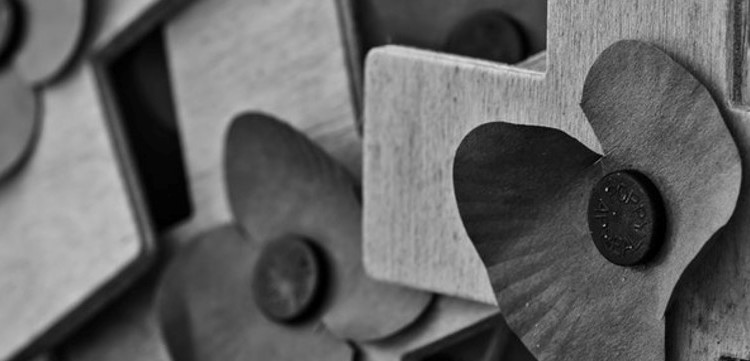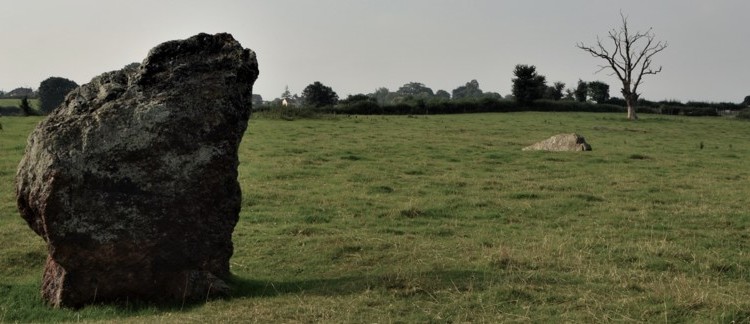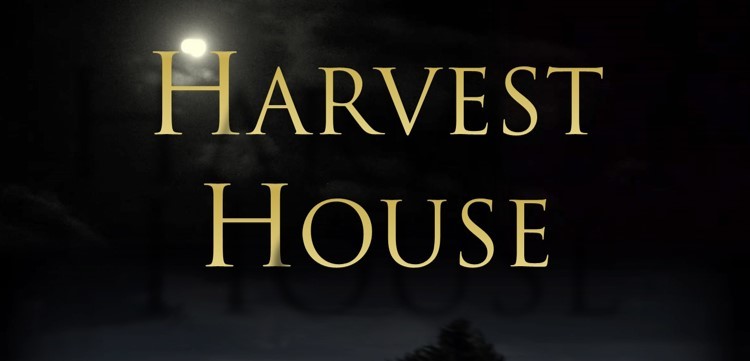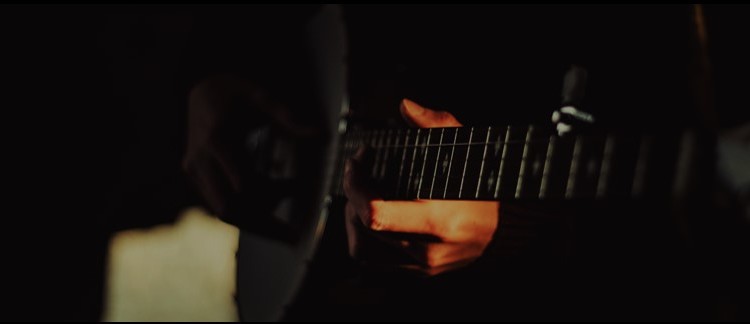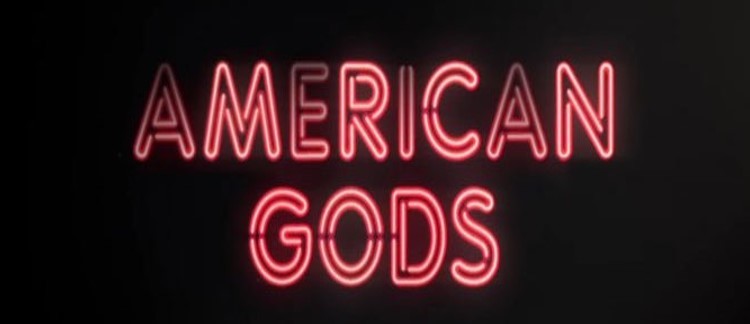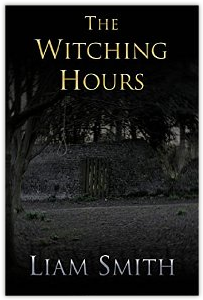I wrote this Remembrance Day poem in the days following Remembrance Sunday, which this year fell on 12th November. I had spent the weekend in Edinburgh for a friend’s wedding, and before the ceremony my own fiance and I took the opportunity to explore the city.
It struck me that remembrance is taken more seriously by some than others.
A little different to my usual style, but different subjects require different approaches.
(Reading this back in 2020, I can see parts of this I might tweak or change. I write a lot more poetry now, both metered and free verse, but I like reading this as it shows how I went about exploring my opinions with the techniques I knew at the time.)
I hope you enjoy this Remembrance Day poem.
Remembrance Day
November morning, near one hundred years since it all fell quiet
The city centre occupied by tourists, shoppers, poppy-wearers
Cold air invades hats, scarves, coats.
Shops offer warmth from overhead heaters. The threat of Christmas is tangible now.
The department store speakers make their announcement close to the hour
Shoppers, entrenched in aisles, finger handbags, gift sets. Buyers shuffle in the queue.
The radio switches to the BBC. A presenter speaks the Queen’s English
As the bells begin to chime.
Silence falls.
Hats are removed and held like prayers. Eyes cast to the floor.
Somewhere, a phone dings, apologetic. Then quiet. Somewhere else, the rustle of clothes hangers. Voices outside raise and fall as their owners pass the door.
After a minute (and with a minute still to go), the checkout bleeps again, bleeps again, like radar.
Then the radio resumes its crackling Queen’s. Shoppers reprise their plans for the season.
The silence is observed. The remembrance is forgotten.
